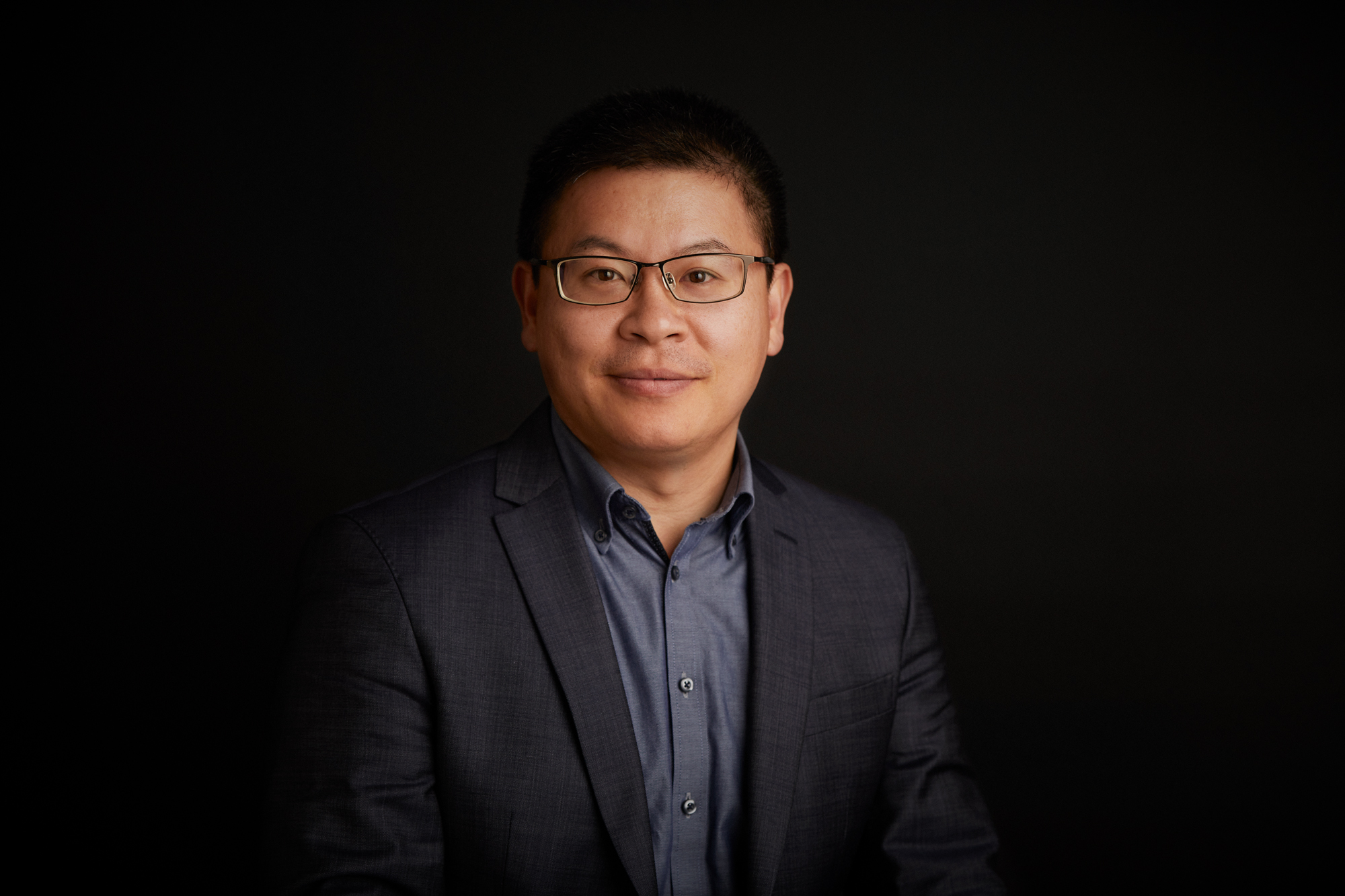Jun Liu
Research leader

Project title
To Use or Not to Use? A Relational Approach to Information and Communication Technologies as Repertoire of Contention
What is your project about?
Rapidly emerging technologies are playing a significant role in shaping the way in which people engage with politics and pursue social justice, as we see in the cases of Black Lives Matter, the #MeToo movement, and the Arab Spring. While the ways people use technology in politics vary across events, contexts, and societies, we still know little about the reasoning behind people’s diverse decisions on use and non-use of technology for politics in specific contexts. For instance, why did Egyptians and Tunisians largely adopt Facebook and Twitter, but not WhatsApp, “the most favoured social tool in the Arab world,” to organize protests during the Arab Spring? This project aims to generate urgently needed knowledge about these questions by exploring how people make choices regarding technology use for politics and social justice.
How did you become interested in your particular field of research?
The idea of studying technology and politics can be traced back to my 2006 thesis project, while I was a graduate student at Xiamen University in southeast China’s Fujian Province, examining socio-political changes following the introduction of mobile technologies in the Chinese society. The specific idea of relating mobile technology to politics had its origin in the “unexpected” role of mobile phones in a protest in Xiamen one year later, in 2007. During this protest, public discontent with the local government’s decision to establish a petrochemical factory swelled into a massive campaign initiated through mobile-phone text messages. The phenomenon intrigued me and led me to wonder what would be the political implications of (mobile) technology in a country with the world’s largest–and fastest-growing–population of mobile phone users. In other words, could tech-facilitated contentions and movements advance people’s capacities of fighting for social justice in the face of authorities, thus enhancing the citizenry’s overall political participation? These issues captivated me, taking me on a journey first to Copenhagen, then to Stanford, then back to Copenhagen, and also to Oxford and Cambridge.
What are the scientific challenges and perspectives in your project?
We know a great deal about the technologies people use in political activities and political movements, as illustrated by terms like “Twitter uprising” or “Facebook revolution,” which became interchangeable with “the Arab Spring.” And yet, we know very little about why people choose some but not other technologies, and how people decide on specific political uses of certain technologies. These are challenges that my project aims to tackle. I will place special emphasis on people’s perceptions, interpretations, and deliberations when they turn technologies into contention-related tools. By doing so, this project acknowledges the plurality of people’s concerns as well as their different technological skills and competencies, thus recognizing a reality in which technologies serve diverse individuals and communities in disparate ways.
What is your estimate of the impact, which your project may have to society in the long term?
Both individual citizens and civil society groups will benefit from the outcomes of this project, as they pursue social justice and hold power to account through technologies. The knowledge generated by this project will further help the IT design community to better understand the concerns people have when they decide to use or not to use a given technology for political purposes, subsequently enabling the design community to procure better designs for social justice and equality. Most generally, the project will contribute to public acknowledgement of the diversity and heterogeneity of the contemporary societies adopting technology for politics – in a global, comparative perspective.
Which impact do you expect the Sapere Aude programme will have on your career as a researcher?
I am humble and thankful for being awarded the Sapere Aude grant. A recognition of my long-term research endeavor, it also offers reassurance that the specific topic of this project is worth a commitment of four years of interrogation. In this sense, the Sapere Aude programme motivates me to sustain the highest level of dedication and to “dare to know things” still underexplored. The grant further enables me to assemble an excellent team of internationally established early-, mid-, and senior-career scholars, and to work closely with team members and leading international experts to produce cutting-edge research.
Background and personal life
I was trained first as a journalist and feature writer and then as an interdisciplinary scholar with special expertise in political sociology and communication studies. I have a long-lasting curiosity and interest since my graduate studies in exploring how technologies are changing what it means to be human. My wife also works in academia (and in the same field of communication studies). We like reading, hiking, and watching ballet together with our three-year-old daughter. I also like basketball (I played point guard throughout my years of high school, undergraduate studies, and graduate school), but now mostly play soccer with my six-year-old son.
View all research leaders here
Research institution
University of Copenhagen
Research field
Political Sociology, Communication Technology, Comparative Social Science, Computational Methods
City of your current residence
Copenhagen
High school
Fuzhou No. 2 Middle School, Fujian, China
